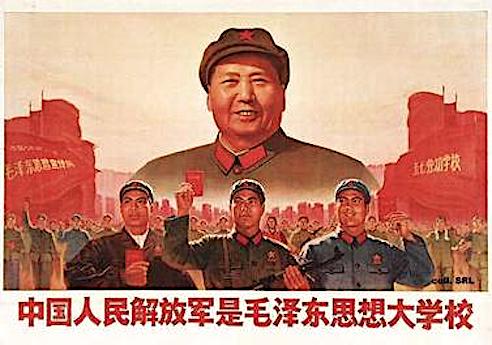TIAN HUA, a teacher of English literature in Shanghai, was a pioneer in the wave of Chinese students heading for America in the 1980s. I met him after his arrival in 1981 at a college in New York State. Following a lecture, Tian (not his real name) lingered to ask a question, then a second. We became friends. He visited me in Boston and we went sightseeing to New York. He was a lovely young man. I smile, three decades later, to depict his large eyes, masculine hands, and jet-black hair.
Tian Hua’s father worked for Chiang Kai-shek’s anti-Communists in the 1940s, but he became a professor of economics at Fudan University in Shanghai in the 1950s. His mother, too, was a university teacher. From Mao Zedong’s first hunt for political enemies in 1957, the Anti-Rightist Movement, the family was harassed as “capitalists.” Did his father own stocks? Was his mother rich? Neither true. But two sons’ lives derailed. “My brother was sent west to Muslim Xinjiang,” Tian said. “He lived like Robinson Crusoe.”
Matters worsened during the idiotic Cultural Revolution (from 1966) as Mao found his socialism disappointing and needed scapegoats. Marauding Red Guards ransacked the Tian family house in Beijing. “Got any gold?” one sneered. “Where are your American dollars?” cried another, upturning a mattress. They found none of either. This did not halt the bullying and beating.
Ross Terrill is the author of the forthcoming book Australian Bush to Tiananmen Square (Rowman & Littlefield), from which this piece is excerpted. His previous books include Mao, The New Chinese Empire, and Madame Mao.






